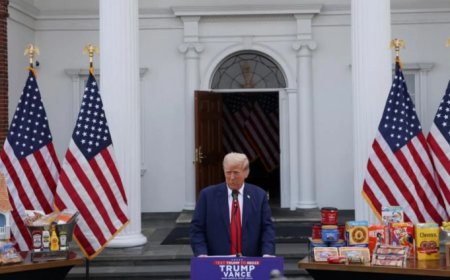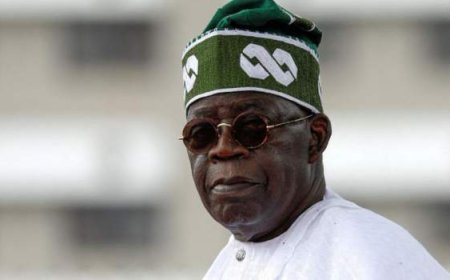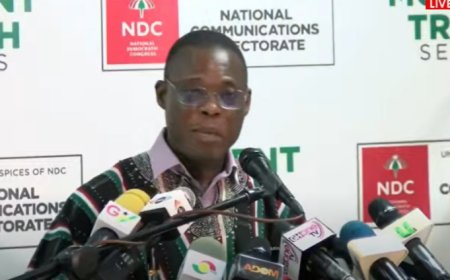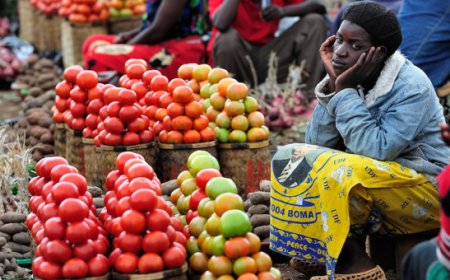Peasant Farmers Criticize Government's Grain Export Ban for Lack of Consultation
The Peasant Farmers Association has raised concerns over the government's decision to ban the export of maize, rice, and soybeans without consulting key stakeholders. The export ban, announced by Minister Bryan Acheampong, aims to ensure food security amid a severe dry spell affecting agricultural output in eight regions.
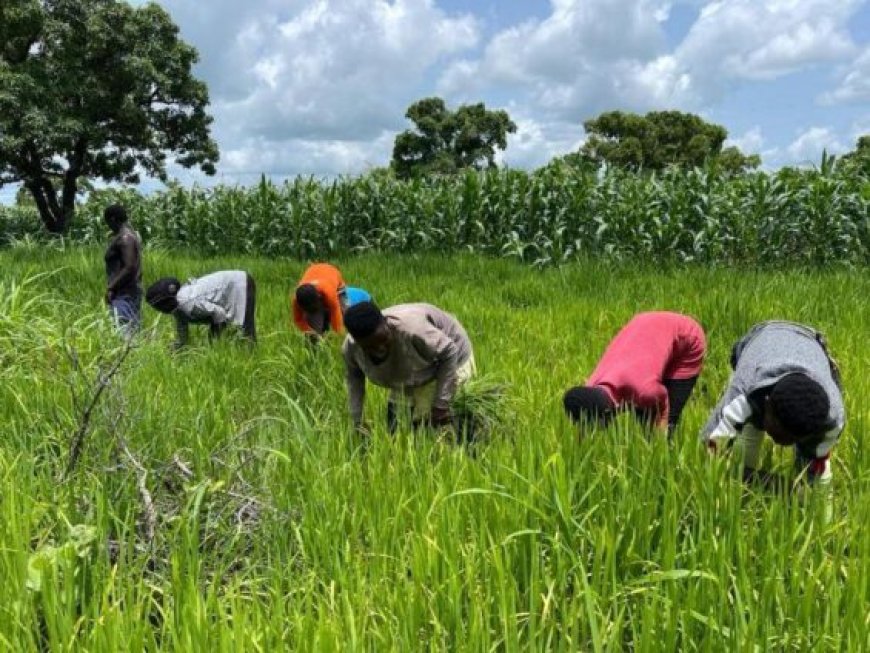
The Peasant Farmers Association has expressed its discontent with the government's recent decision to ban the export of key grains, including maize, rice, and soybean. This directive was announced by the Minister for Food and Agriculture, Bryan Acheampong, as a measure aimed at ensuring food security in response to a severe dry spell that has affected agricultural production across eight regions of the country.
Minister Acheampong explained that the ban is necessary to safeguard the nation’s food reserves, given the current crisis in agricultural output. The prolonged dry weather has left many crops struggling, leading to fears of a potential food shortage.
However, in an interview on Joy FM's Top Story on August 26, the President of the Peasant Farmers Association, Bismark Owusu Nortey, criticized the government's decision, arguing that farmers were not consulted before the policy was put in place. He emphasized that farmers are key stakeholders in the agricultural sector and should have been part of the discussions to find a more inclusive solution to the issue.
“The first concern is the government's resolve to ban the export of grains. This particular approach was not inclusive. They did not take into consideration the views, concerns, and possible challenges this might bring for farmers,” Mr. Nortey remarked.
He further explained that the forces of demand and supply typically dictate grain prices in the market. With the export ban in place, farmers may be forced to sell their produce at significantly lower prices domestically, leading to financial losses and the risk of their produce spoiling.
“If you are announcing a ban, the ideal thing is to put in place local measures that will insulate the farmers from any possible low prices,” he suggested.
Mr. Nortey’s remarks highlight the growing tension between the government and the agricultural community, as farmers feel left out of decisions that have a direct impact on their livelihoods. The Peasant Farmers Association is calling for the government to engage with them and work together on solutions that will both protect the country’s food security and ensure that farmers are not financially disadvantaged by the export ban.
The grain export ban comes at a critical time for Ghana’s agriculture sector, and while it aims to address food shortages, the concerns raised by the farming community suggest that more dialogue and support systems may be needed to prevent unintended negative consequences.
What's Your Reaction?







